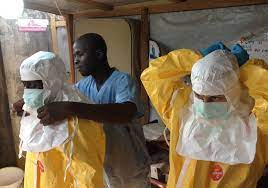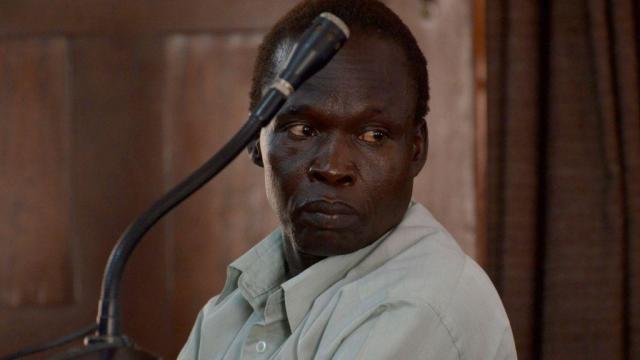The Ugandan government is under pressure to bring an escalating Ebola outbreak under control, with health experts saying its response to the outbreak has been slow and inept, allowing infections to spread.
Health Minister Jane Ruth Aceng announced last Wednesday that six schoolchildren in Kampala have tested positive for the virus, bringing the number of infected people in the capital city to at least 15 – just days after the government had insisted there were no infections in the capital. Aceng said that the children were likely infected by a man who travelled from one Ebola-hit district to Kampala and died there. “We were able to get this cluster, plus one other, because of the ministry’s vigilance in contact tracing and field case management,” she said.
However, health experts have criticized the government’s response to the outbreak as slow and inept due to logistical failures, distrust towards the state, and reluctance to impose restrictions after Uganda endured one of the longest Covid-19 lockdowns in the world.
The government first confirmed an outbreak of the Sudan strain of the Ebola virus on 20 September in Mubende District, 145km from Kampala but the virus has since spread to seven Ugandan districts in total, infecting 109 people and leading to 30 deaths, according to Aceng.
Yet, it took Ugandan President Yoweri Museveni almost a month to finally announce a three-week lockdown on 15 October in two of the most-affected districts and put Kampala, the capital city, on high alert in a bid to contain the virus. It is the fifth time Uganda has experienced an Ebola outbreak since the turn of the century. An outbreak in the year 2000 killed more than 200 people. Experts say that the government has struggled to contain this outbreak in part due to a failure to quickly trace contacts and keep them under observation, as well as a failure to involve traditional healers in helping the authorities with early detection of sick people within communities.



